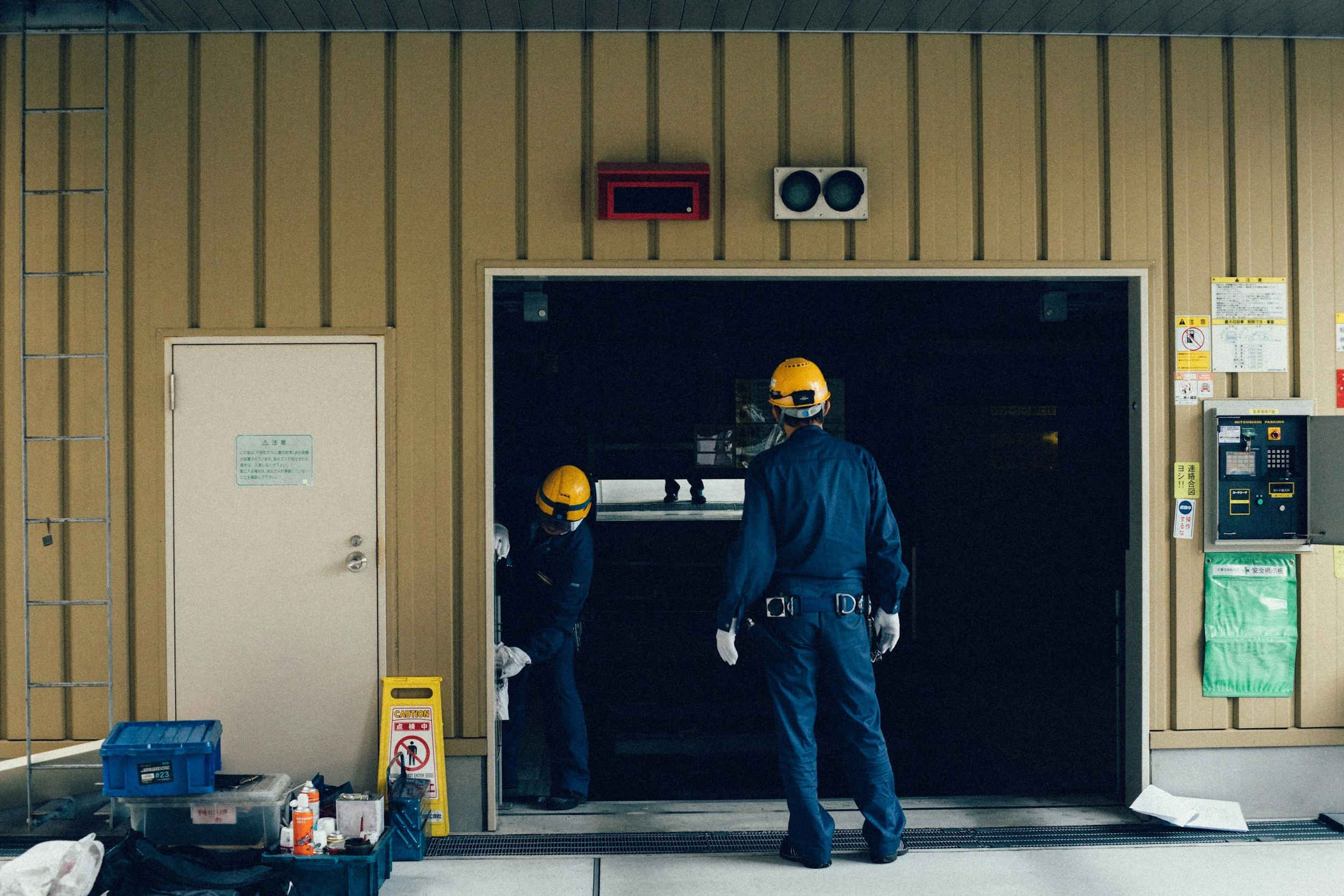The Hidden Costs of Reactive Maintenance
Reactive maintenance has been the default for many trailer shops for decades: fix it when it breaks. But that mindset, while common, is quietly draining your fleet’s profitability. The true cost of reactive trailer maintenance goes far beyond the repair invoice. It ripples through labor hours, compliance risk, customer relationships, and operational control.
If you’re only fixing problems when they become obvious, you’re already losing money.
Downtime Doesn’t Just Delay — It Disrupts
Every time a trailer is pulled out of rotation for unexpected repairs, the impact hits multiple departments. Dispatch is forced to reassign or delay loads. Drivers wait or idle. Maintenance teams scramble to reprioritize. Even when the repair is quick, the ripple effect can stretch into hours or days of lost productivity.
Unplanned downtime can cost fleets between $250 and $750 per day, per trailer. Multiply that across a fleet, and the losses escalate fast — especially if the issue could have been caught earlier with proper diagnostics.
Labor Waste and Rework Pile Up Fast
Technicians operating in a reactive shop environment spend more time chasing problems than fixing them. Without structured diagnostics, they rely on visual inspections or trial-and-error. That leads to misdiagnoses, wasted parts, and repeat visits for the same issue.
The Inspector 930 changes that by enabling one technician to fully diagnose a trailer’s lighting, ABS, and air systems in minutes — no truck required. It takes the guesswork out and replaces it with hard data. This reduces rework and allows your labor hours to be spent solving real issues the first time.
Missed Preventive Opportunities
Reactive shops don’t plan — they respond. That means a minor air leak might go unnoticed until it becomes a safety hazard. A weak ground might not cause a failure now but could trigger a DOT violation next week. Every missed opportunity to address a fault early turns into a future expense.
With tools like the Inspector 930 and Lite-Check’s Sentry Software, fleets can track, log, and analyze test results over time — enabling preventive action before failures happen. This isn’t about more inspections. It’s about smarter ones.
DOT Risk and CSA Damage
If your fleet isn’t proactively managing trailer health, you’re playing defense with DOT. Most violations aren’t from catastrophic failures — they’re from overlooked issues: faulty lights, failed ABS checks, air system problems that were never diagnosed.
Each violation impacts your CSA score and increases scrutiny from enforcement. Over time, this affects everything from insurance premiums to customer trust. Reactive maintenance increases the odds of these hits.
Hidden Financial Drain
Reactive maintenance feels cheap up front — no investment in diagnostic equipment, no need to change workflows. But in the long run, it leads to:
More emergency service calls
More OOS trailers
More technician time wasted
More fines and violations
More lost revenue per trailer per day
It’s a quiet bleed that gets overlooked until margins are already tight.
Shift from Chaos to Control
Bringing structure to your maintenance process doesn’t mean slowing it down — it means speeding up what matters. The Inspector 930 helps your team find faults before they become failures. And with Sentry Software, you can build records, spot trends, and take control of your shop’s long-term health.
If reactive maintenance is hurting your fleet — and it likely is — the fix starts with diagnostics.
To talk with someone about what that shift looks like, visit Lite-Check.com, call 509-535-7512, or email info@lite-check.com.

